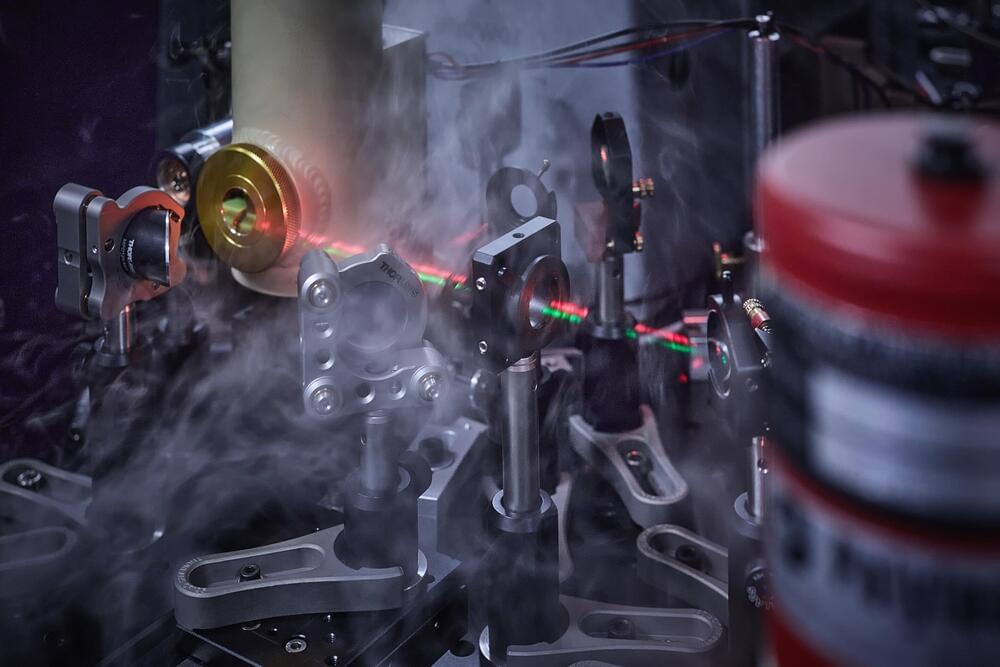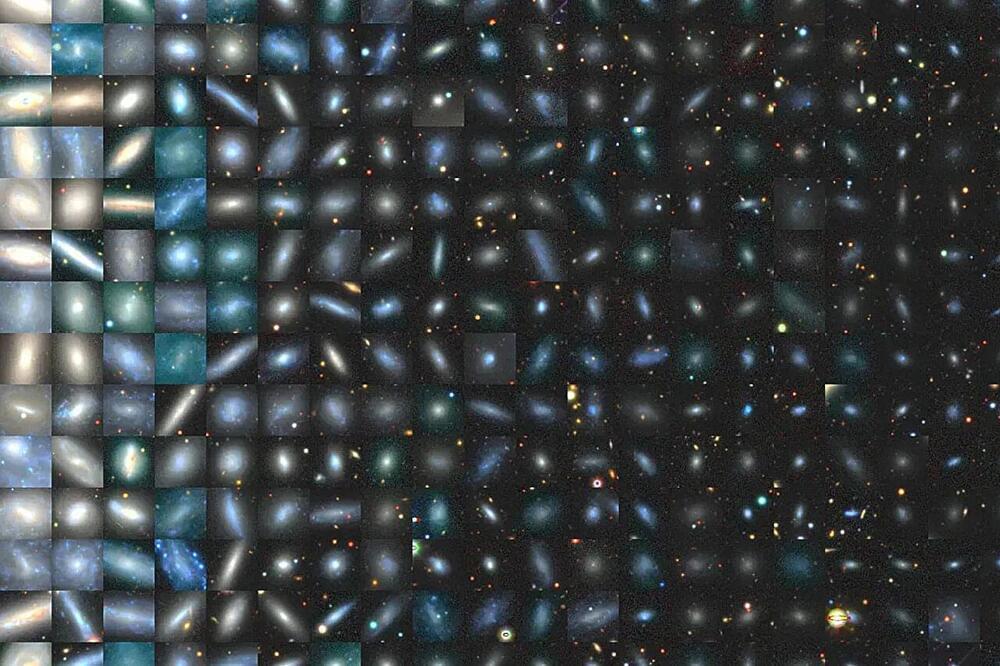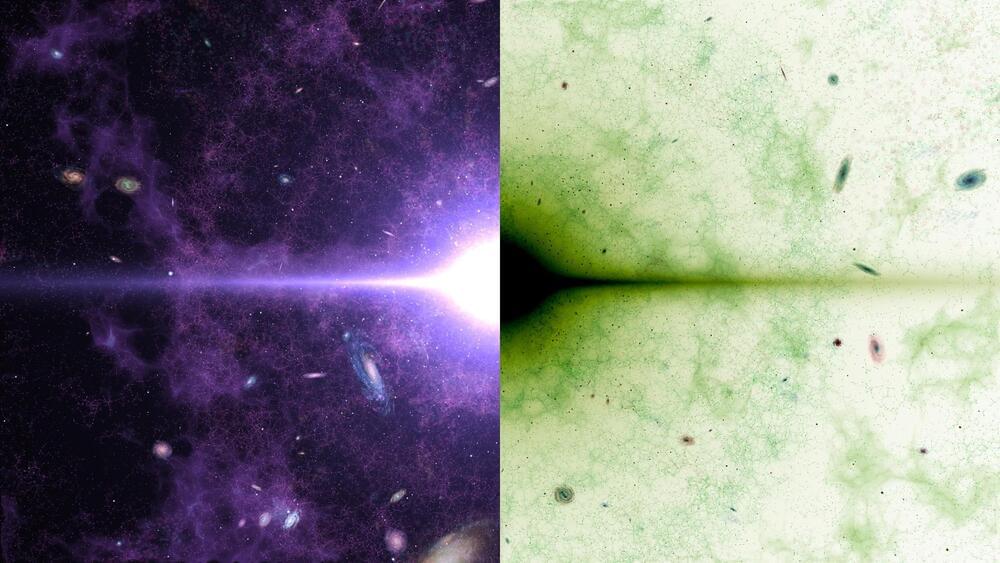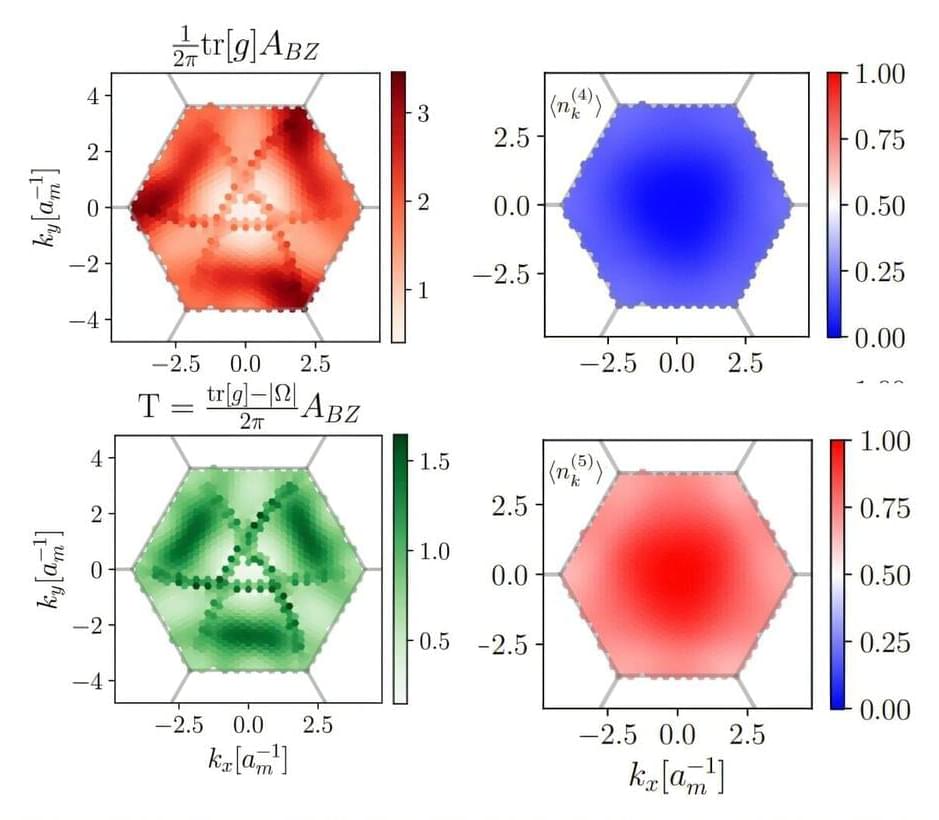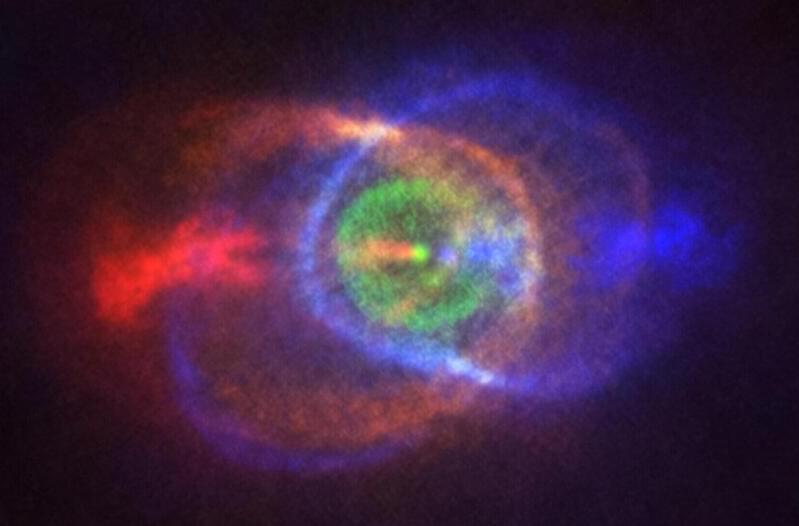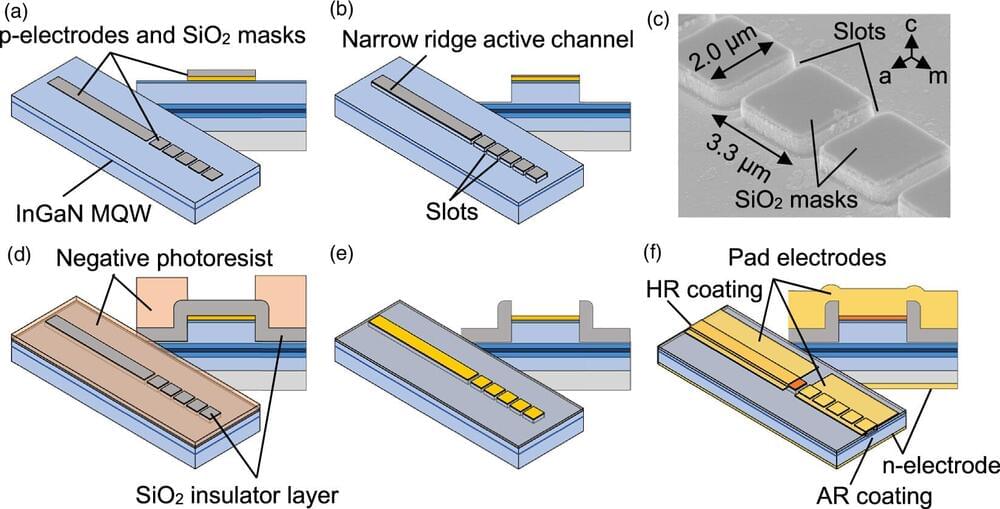A new method enables researchers to analyze magnetic nanostructures with a high resolution. It was developed by researchers at Martin Luther University Halle-Wittenberg (MLU) and the Max Planck Institute of Microstructure Physics in Halle.
The new method achieves a resolution of around 70 nanometers, whereas normal light microscopes have a resolution of just 500 nanometers. This result is important for the development of new, energy-efficient storage technologies based on spin electronics. The team reports on its research in the current issue of the journal ACS Nano.
Normal optical microscopes are limited by the wavelength of light and details below around 500 nanometers cannot be resolved. The new method overcomes this limit by utilizing the anomalous Nernst effect (ANE) and a metallic nano-scale tip. ANE generates an electrical voltage in a magnetic metal that is perpendicular to the magnetization and a temperature gradient.
